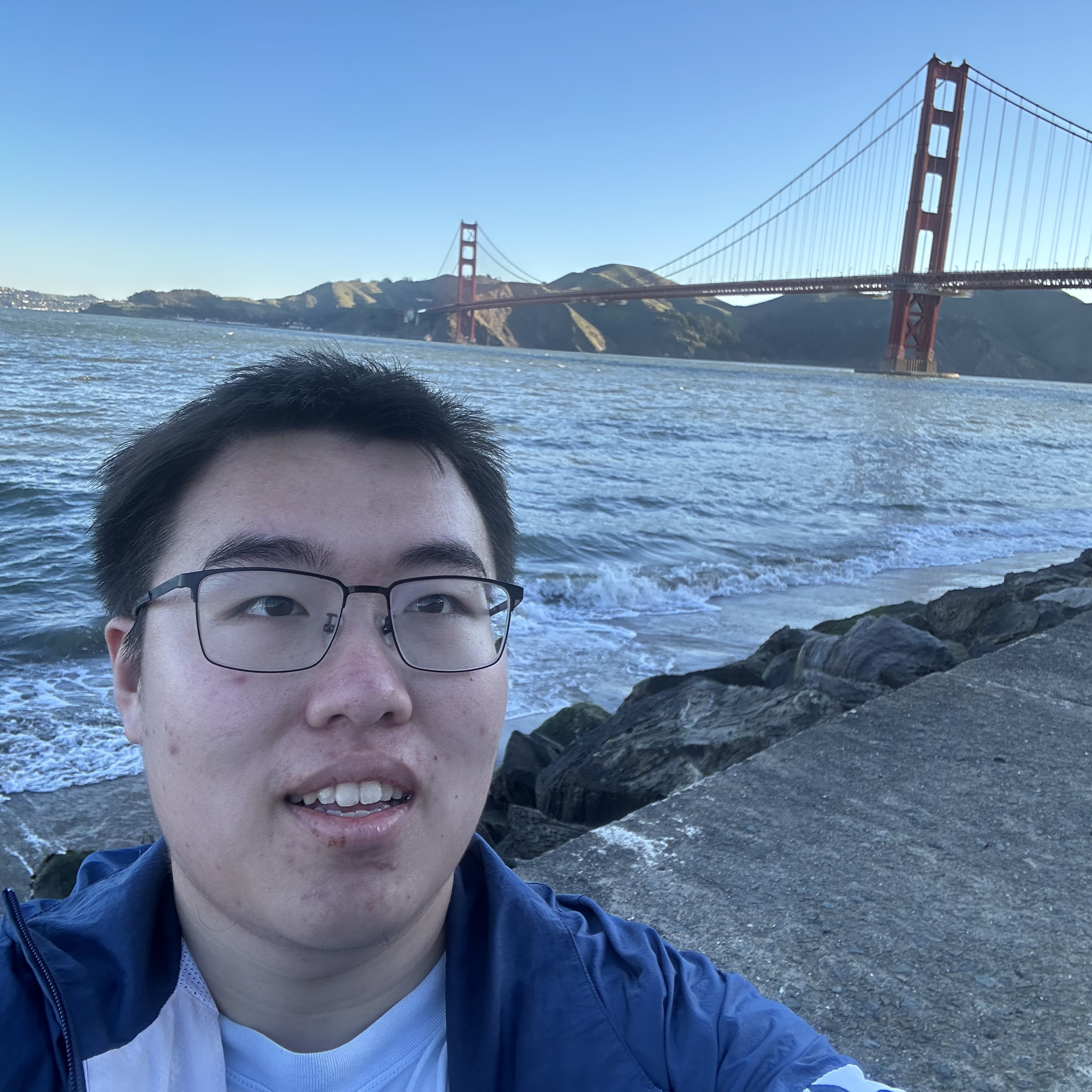- Hi! I am a junior year student studying computer engineering at Zhejiang University - University of Illinois Urbana Champaign Institute. I’m currently an exchange student at UIUC.
Education
- Zhejiang University
- Bachelor of Science in Computer Engineering (GPA: 3.85 / 4.00)
- Rank: 5 / 65
- Location: Zhejiang, China
- Period: Aug 2021 - Present
- University of Illinois Urbana-Champaign (double degree)
- Bachelor of Science in Computer Engineering (GPA: 4.00 / 4.00)
- Location: Illinois, US
- Period: Aug 2021 - Present
- Relevant Courses: Data Structure, Computer Systems Engineering, Applied Parallel Programming, Distributed Systems, Database Systems, Deep Learning, Computer Networks
Research Interests
- I have a wide-ranging interest in generative models, with a particular emphasis on LLM security and interpretability
Publications
- Qiusi Zhan, Zhixiang Liang, Zifan Ying, Daniel Kang. “InjecAgent: Benchmarking Indirect Prompt Injections in Tool-Integrated Large Language Model Agents.” Submitted to ACL 2024. arXiv:2403.02691
- Yidan Wang, Zhaochun Ren, Weiwei Sun, Jiyuan Yang, Zhixiang Liang, et al. “Content-Based Collaborative Generation for Recommender Systems.” arXiv:2403.18480
Research Experiences
- InjecAgent: Exposing Vulnerabilities in Large Language Model Agents
- Supervisor: Prof. Daniel Kang
- Location: Illinois, US
- Period: Jan 2024 – Present
- Designed a benchmark to assess the vulnerability of tool-integrated Large Language Models (LLMs) to Indirect Prompt Injection (IPI) attacks. Our benchmark included 1,054 test cases across 17 user tools and 62 attacker tools, providing a comprehensive framework for evaluating agent resilience against IPI threats and categorized attack intentions into two primary types: direct harm to users and stealing of private data.
- Analyzed the resilience of different LLM agents to IPI attacks and explores the impact of enhanced settings where attacker instructions are reinforced with hacking prompts. We found that fine-tuned agents, such as fine-tuned GPT-4, show significantly lower attack success rates compared to prompted agents, suggesting that fine-tuning may offer a more secure approach to deploying LLM agents.
- Content-Based Collaborative Generation for Recommender Systems
- Supervisor: Prof. Xin Xin
- Location: Shandong, China
- Period: June 2023 – Aug 2023
- Proposed a generative recommendation model which unifies both item content information and user-item collaborative interaction signals in a sequence-to-sequence generation framework.
- Contributed to manuscript refinement by complementing the ‘Related Work’ section to provide a comprehensive overview of current developments in generative models for recommendation.
Course Projects
- CUDA-Optimized Forward Propagation of CNN Layers
- Technologies: C++, CUDA, Nsight-Compute
- Period: Nov 2023 - Dec 2023
- Implemented forward pass of convolutional layers in LeNet-5 using CUDA-C++.
- DZ OS: A Linux-like Operating System
- Technologies: C, x86 assembly
- Period: Oct 2023 - Dec 2023
- Developed various kernel components and won 2nd place in the final competition.
Honors and Rewards
- Zhejiang Provincial Government Scholarship (2023)
- Third Class Scholarship of Zhejiang University (2022)
- Dean’s List, UIUC (2022, 2023)
Technical Skills
- Programming Languages: C, C++, Python, SQL, CUDA, x86 assembly
- Frameworks/Tools: Git, SVN, Markdown, LaTeX, PyTorch, MySQL
- Languages: Mandarin and English (TOFEL 97)
